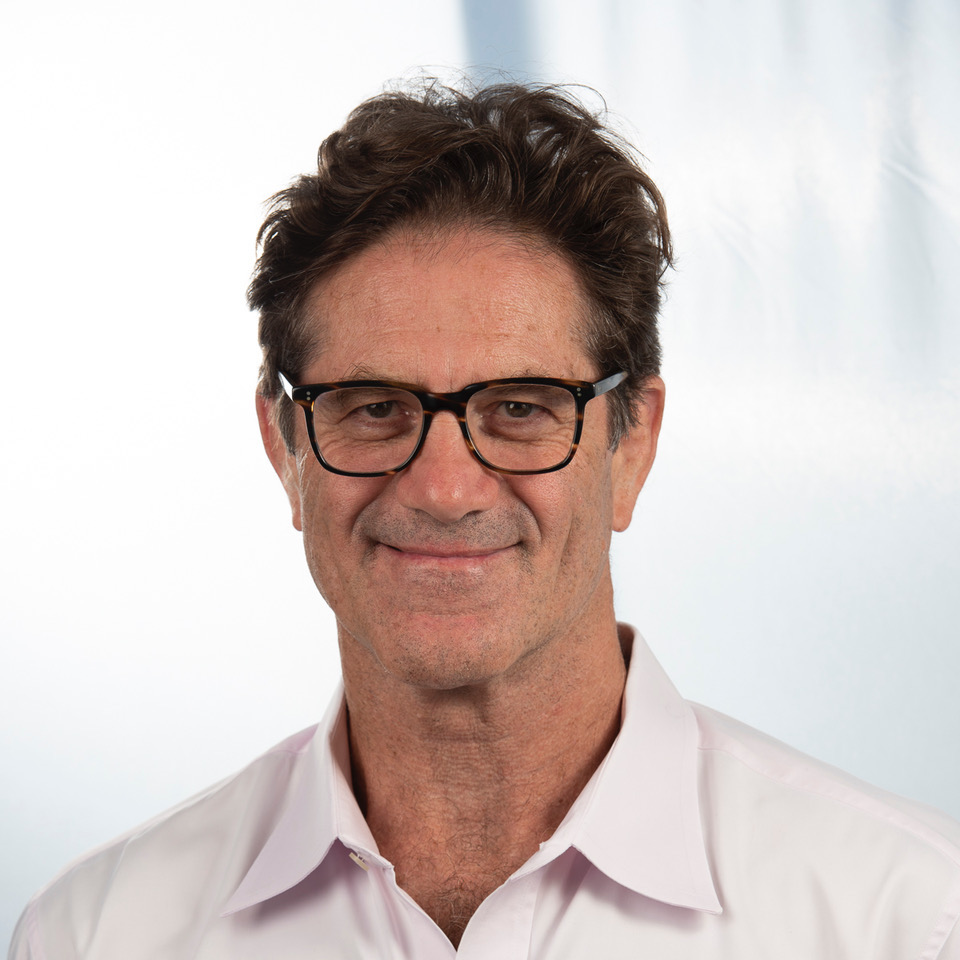What was your first job?
My first job was as an accountant and operations manager for a small African travel company, based in Los Angeles – Gametrackers International. Interestingly they were doing community (read “impact”) projects with local communities in Kenya, which is something I am currently exploring again – that is, to take a group impact investors to Kenya to see the exciting things in impact going on in the country, whilst having deep impact discussions around a fire whilst on safari.
When did you know you wanted to work in finance/business?
My undergraduate degree in South Africa in the 1980’s was in accounting and economics, so the interest was there pretty early on. My whole career has been in business and finance impact investing came later when I was looking to blend my professional skills and broader social, environmental and economic development beliefs.
When did you first discover the concept of Impact Investing?
Social and environmental concerns have always been in my thinking from an early age, but the concept of investing for impact dawned on me when I went back to university to do a masters in sustainability. My dissertation was on ‘the scaling of impact investing’, and this then got me into the mindset of investing for impact. One of the findings from the research was that listed equities was one way to scale impact investing – this is what we do at NorthStar Impact.
What’s one exciting development you and your team have in the pipeline?
At NorthStar Impact we believe we have proven out our Australian equities impact strategy (5.5 years track record of impact & performance), and now commenced investing in global impact stocks where the opportunity set for investments is much larger and broader.
Given the urgent need and market activity related to climate change, we are currently focusing on the role impact investors can play in decarbonisation.
What was the most interesting impact deal (from any team across Asia/Pacific) in the past 12 months?
We have been long term investors in Genex Power (pumped hydro storage and renewables company), in fact we have been investors from day 1 of our fund in early 2017, supporting the company through several capital raises / placements. Recently we have seen a bid for the company by Skip Investments (Scott Farquhar and Kim Jackson) consortium which has seen the stock value rerate to more than 50% from the pre-bid price. New capital and shareholders could further scale and accelerate the decarbonisation impacts of Genex.
Name one high impact company (globally) that investors should keep their eye on?
Kip McGrath Education Centres (ASX: KME). This company provides remedial tutoring to kids falling behind in reading and maths, which has worsened significantly as a result of the COVID pandemic. The company was founded 40 years ago by current CEO, Storm McGrath’s parents, Kip and Dugnea McGrath. The company is now expanding to the large US market, and is currently operating 560 centres in 20 countries, including Australia, NZ, the UK and South Africa. Online technology is helping the provision of tutoring, extending its impact scale and helping reduce unit costs as well.
NorthStar Impact is an investor in Kip and is currently developing a project to help extend their impact by arranging philanthropic funding to trial 30 indigenous students to undertake a tutoring programme for a year. The program will be actively supported by indigenous sports stars from AFL, Rugby League and Cricket NSW.
What’s your vision for impact investing in 5 years time?
As a vision statement – The majority of responsible investors have recognised that Impact Investing is the main strategy that delivers both financial returns and real world outcomes. If I may elaborate and put some colour around the vision:
- Investors have a good understand of what impact investing is, and actively invest in these strategies.
- Impact funds are delivering healthy financial returns, so this aspect of impact investments is no longer questionable.
- Funds are flowing into the sector as investors are seeking measurable impact and real world outcomes, rather than simple considerations of ESG risks.
- The impact sector globally is making a measurable difference to outcomes in both environmental and social sectors.
- Corporates are measuring their net impact, not just positive sustainability initiatives, but also their negative impact. Measurement is done in a relatively consistent manner, making it easier for investors to assess risk, return and impact trade-offs of companies. Asset owners and managers are also measuring their impacts, again so members and investors can assess which funds are best from an impact and returns perspective.

